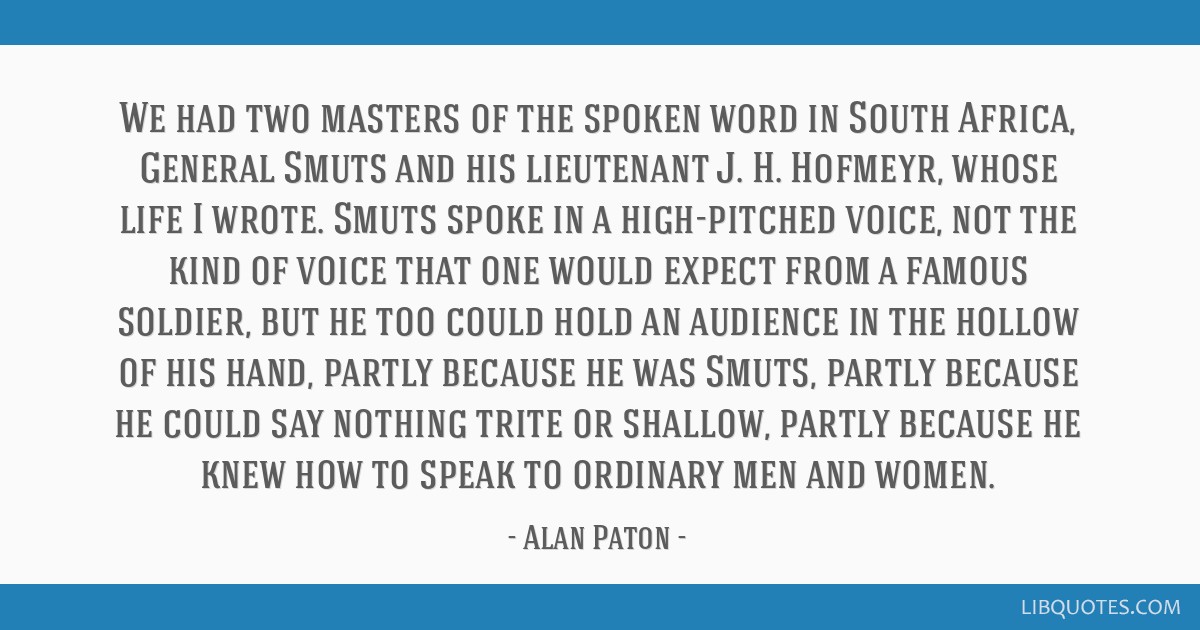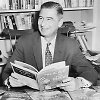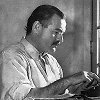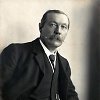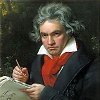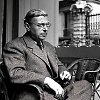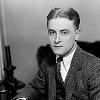We had two masters of the spoken word in South Africa, General Smuts and his lieutenant J. H. Hofmeyr, whose life I wrote. Smuts spoke in a high-pitched voice, not the kind of voice that one would expect from a famous soldier, but he too could hold an audience in the hollow of his hand, partly because he was Smuts, partly because he could say nothing trite or shallow, partly because he knew how to speak to ordinary men and women.
Alan Paton on Smuts's oratory, in Paton's final essay, A Literary Remembrance, published posthumously in TIME, 25 April 1988, p. 106.
